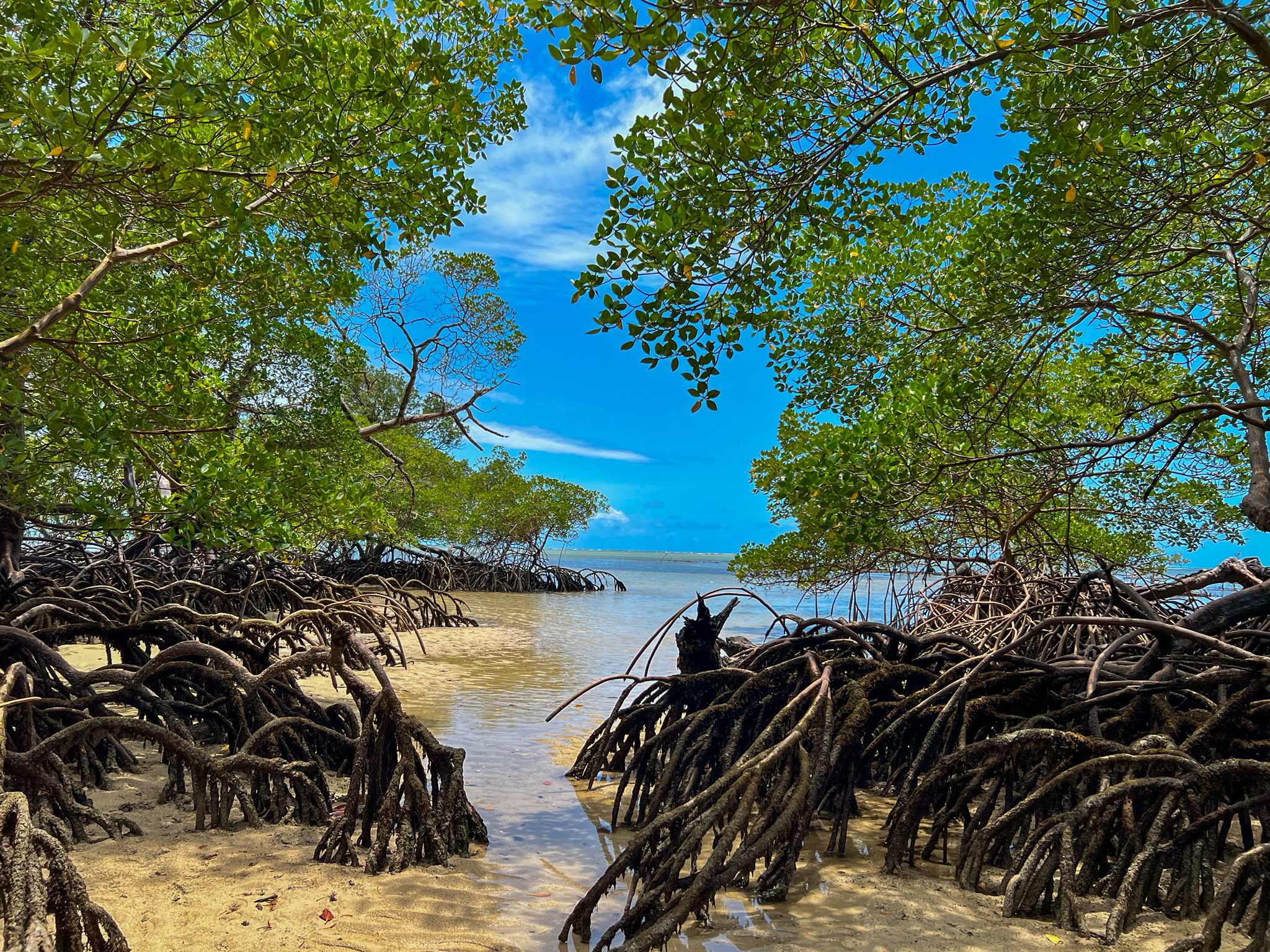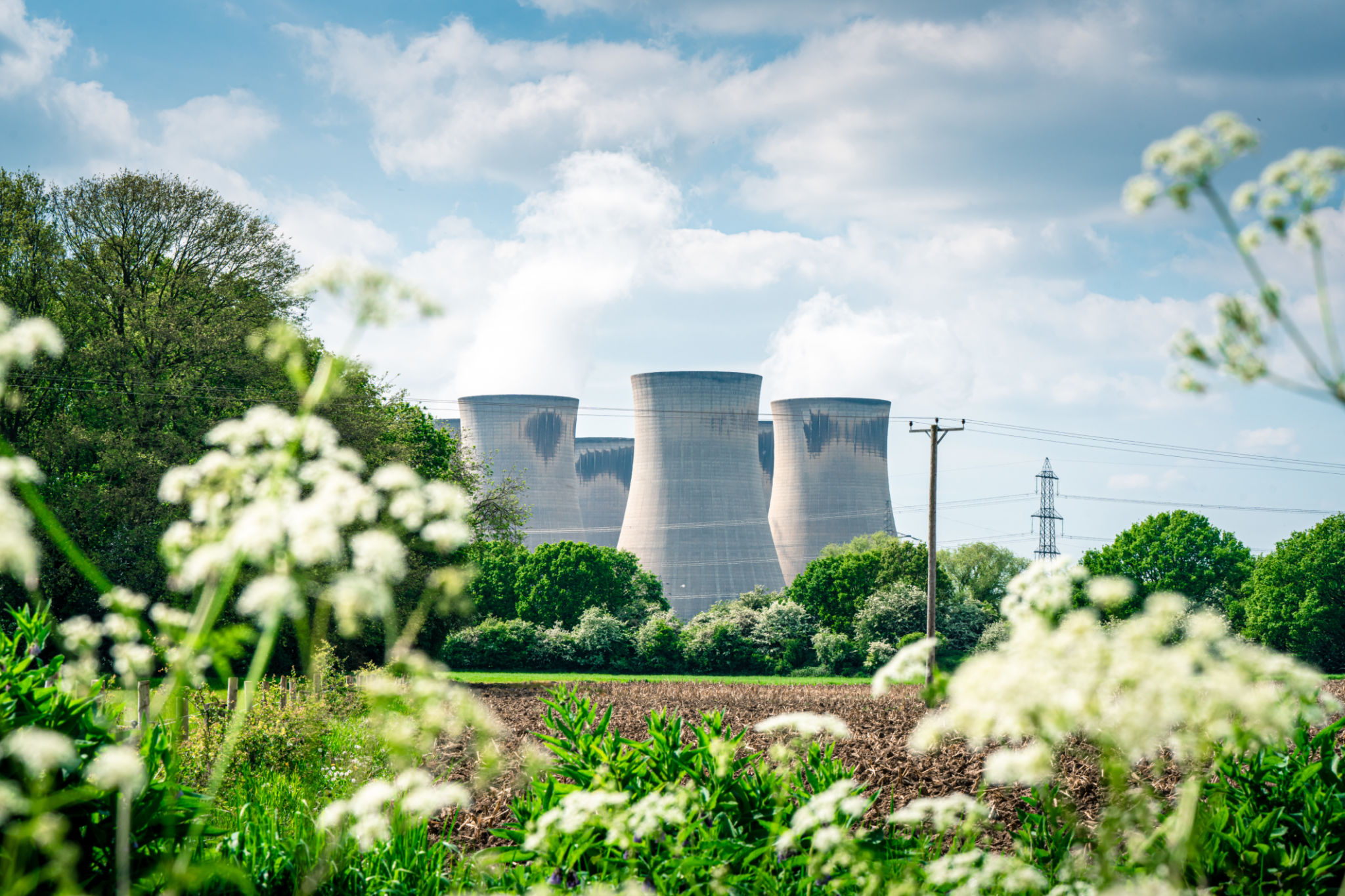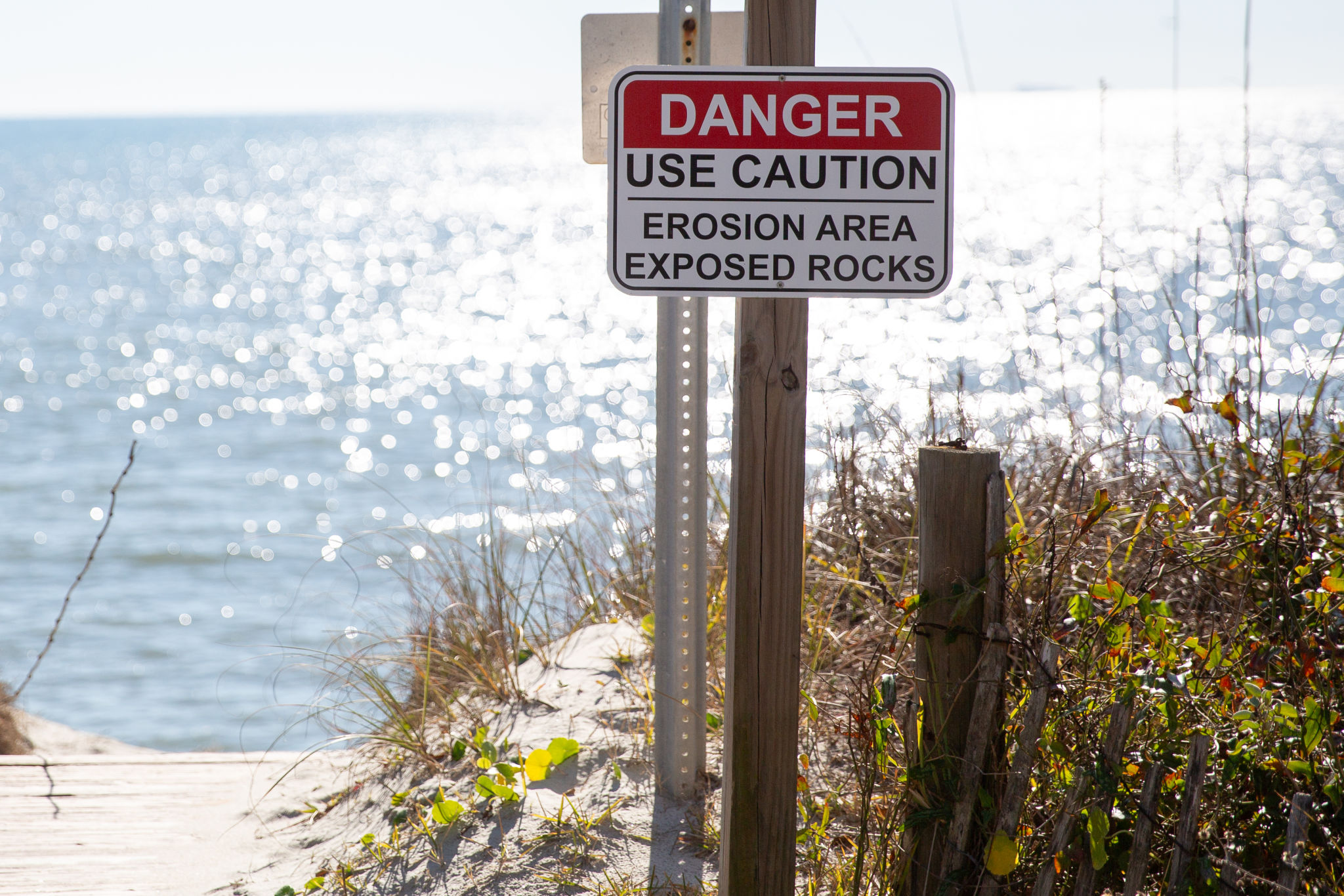The Role of Mangroves in Ghana's Coastal Ecosystems
Introduction to Mangroves
Mangroves are unique coastal ecosystems found in tropical and subtropical regions. In Ghana, these ecosystems play a crucial role in maintaining the health and sustainability of the coastal environment. The dense networks of roots found in mangrove forests provide a habitat for a wide range of species, creating a vibrant and dynamic ecosystem.

The Ecological Importance of Mangroves
Mangroves are vital for coastal protection. Their intricate root systems stabilize shorelines by reducing erosion caused by waves and storms. This natural barrier also helps in protecting coastal communities from the devastating impacts of tidal surges and cyclones.
Beyond physical protection, mangroves serve as nurseries for many marine species. The sheltered waters and abundant food supply make these areas ideal breeding grounds for fish, crabs, and other aquatic organisms. This biodiversity contributes significantly to the local economy through fisheries and ecotourism.
Carbon Sequestration
An often overlooked benefit of mangroves is their ability to sequester carbon. These forests store large amounts of carbon both above and below ground, making them important allies in the fight against climate change. By preserving and expanding mangrove areas, Ghana can significantly contribute to global carbon reduction efforts.

Socio-Economic Benefits
Mangroves are not just ecologically important; they also provide numerous socio-economic benefits. Local communities rely on these forests for resources such as wood, honey, and medicinal plants. Additionally, the presence of mangroves can enhance opportunities for ecotourism, attracting visitors interested in exploring these unique ecosystems.
The sustainable management of mangrove resources is crucial for maintaining these benefits. Communities are increasingly participating in conservation efforts, understanding that preserving these ecosystems is vital for their livelihoods and cultural heritage.
Challenges Facing Mangroves
Despite their importance, mangroves in Ghana face several challenges. Urbanization, pollution, and illegal logging are significant threats to these ecosystems. These activities not only degrade the environment but also diminish the protective benefits that mangroves provide to coastal areas.

Conservation Efforts
Efforts are underway to protect and restore mangrove forests in Ghana. Government initiatives, along with support from non-governmental organizations and local communities, aim to rehabilitate degraded areas and promote sustainable use of mangrove resources.
Education and awareness campaigns are also crucial components of conservation strategies. By highlighting the importance of mangroves, these campaigns encourage community involvement in preservation activities and foster a sense of stewardship among the local population.
The Future of Mangroves in Ghana
Looking forward, the future of mangroves in Ghana depends on continued conservation efforts and sustainable management practices. By valuing these ecosystems for their ecological and socio-economic contributions, Ghana can ensure that mangroves remain a vital part of its coastal landscape for generations to come.
Through collaborative efforts between government entities, organizations, and local communities, there is hope for a resilient future where mangroves continue to thrive, supporting both biodiversity and human well-being along Ghana's coastlines.